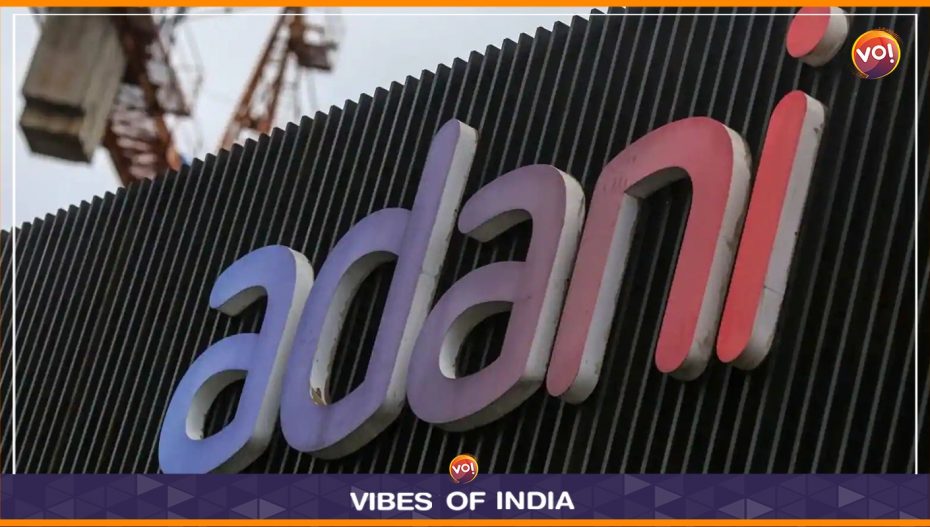The Supreme Court, on Thursday, will pronounce decisions on two key issues — setting up of a retired SC judge-headed panel to probe into all aspects of Hindenburg report on Adani Group that led to the meltdown of the conglomerate’s shares and a five-judge Constitution bench pronouncing the verdict on petitions seeking an independent panel to select persons for appointment as CEC and ECs.
A five-judge bench headed by Justice K M Joseph will deliver its verdict on a bunch of petitions seeking the setting up of an independent panel to select persons for appointment of chief election commissioner (CEC) and ECs. The petitions allege that selection by the government “without any transparent criteria or consultation process” has seriously dented the independence of the body.
The Constitution bench, prior to reserving its order on November 24 last year, had unsettled the Union government by questioning whether appointment of Arun Goel as the EC was cleared in a tearing hurry. The honourable court also sought details of the appointment process, inviting strong rebuttals from attorney general R. Venkataramani.
On February 17, a bench headed by Chief Justice of India D.Y. Chandrachud had refused to accept names of experts, both from the government and petitioners, and said the court would pick the members of the panel headed by a retired SC judge for an in-depth probe into all aspects of the Hindenburg report on the Adani Group.
The SC, while reserving its orders, noted: “We want to maintain the fullest transparency to protect the interest of investors. So, we will appoint a committee on our own, which might be all together better as that would promote a sense of confidence in the process.”
A three-judge bench presided by Chief Justice of India D Y Chandrachud had reserved its order on February 24 on a batch of PILs which sought a probe into the report by the short seller research firm Hindenburg accusing the Adani group of share manipulations. One of the petitions also sought a probe against the firm and to ban short selling.
The Hindenburg’s report, released on January 24, claimed “brazen accounting fraud” and “stock manipulation” by the Gautam Adani-led group. Though the conglomerate rejected the report as “unresearched” and “maliciously mischievous”, it triggered a massive rout of Adani Group stocks, with the flagship firm losing over $120 billion in days, and forcing the cancellation of a ₹20,000 crore secondary share sale after it had scraped through.
On the other hand, on Wednesday, all 10 publicly traded Adani group stocks rose for the first time since the Hindenburg Research report surfaced, amid speculation that the embattled infrastructure conglomerate had secured a $3 billion credit line from a Middle Eastern sovereign wealth fund.
Also Read: Sri Lanka Approves Two Adani Group Power Plants Amid Economic Crisis













